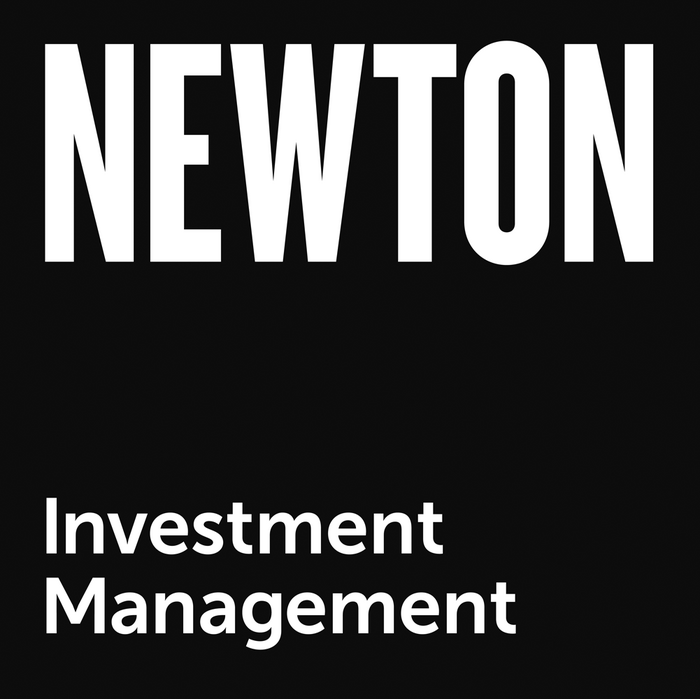Newton’s Curt Custard considers the investment outlook for 2021 and the implications for DC schemes
Many of us will be glad to see the back of 2020 and to look forward to what 2021 has to offer. The new year will surely not be a repeat of the unprecedented nature of 2020. However, the effects of the pandemic are likely to reverberate for the foreseeable future, and we cannot start discussing 2021 without talking about Covid-19. The signs are now positive that there will be a vaccine, and that by the second or third quarter of 2021 it will become widely available.
Against that backdrop, what are the implications for investors? We would predict that monetary and fiscal policy is likely to remain supportive globally, with policymakers wanting to ensure recovery and help to lower the real cost of the debt that has been used to fund the fiscal expansion to date. Equity markets are likely to continue to be supported by this stimulus; however, given that Covid-19 may continue to dampen activity, particularly over the first part of the year, it will be important to be mindful of valuations.
In government bond markets, we would typically expect to see higher nominal yields and steeper yield curves during a reflationary recovery. However, this could be tempered as the US Federal Reserve and other central banks consider the introduction of ‘yield-curve control' policies, which would cap yields on certain maturities of bonds at a specific level. In this environment, fiat currencies (including the US dollar) are likely to weaken versus real assets, and investment-grade credit spreads (the yield premium over government bonds) should continue to tighten.
On a regional basis, as China expands its credit markets and its commodity consumption ramps up, emerging markets - and the commodity and materials sectors in particular - may be well positioned for outperformance, especially if the US dollar continues its path of longer-term weakening.
While the fallout from the pandemic continues, there remains scope for significant volatility in financial markets. At the same time, changes to the fabric of economies should serve up opportunities for investors. In this context, the role of diversification - across geographic areas, sectors and asset classes - is as important as ever in defined contribution portfolio management. We believe that an intelligent and flexible investment approach can serve to mitigate the impact of unexpected events on an investment portfolio, giving DC schemes some comfort as their members go to and through retirement.
Curt Custard is chief investment officer at Newton Investment Management
Important information: These opinions should not be construed as investment or any other advice and are subject to change. This article is for information purposes only. Any reference to a specific country or sector should not be construed as a recommendation to buy or sell investments in those countries or sectors. Issued by Newton Investment Management Limited, The Bank of New York Mellon Centre, 160 Queen Victoria Street, London, EC4V 4LA. Registered in England No. 01371973. Newton Investment Management is authorised and regulated by the Financial Conduct Authority, 12 Endeavour Square, London, E20 1JN and is a subsidiary of The Bank of New York Mellon Corporation.








